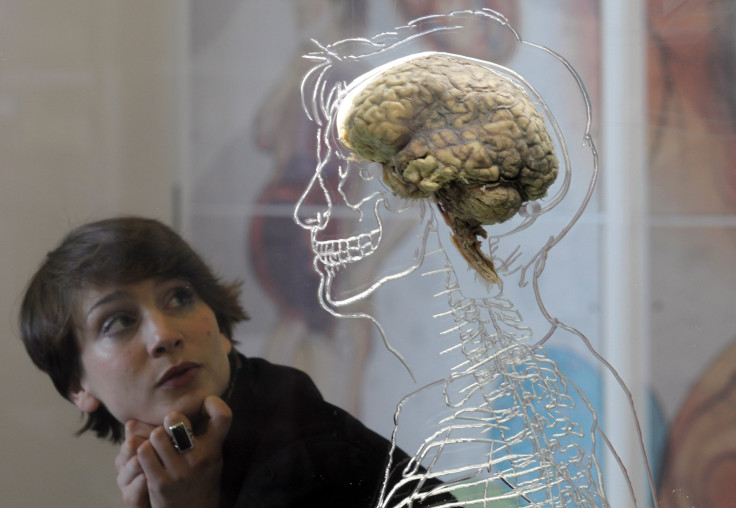Nectome Startup Claims Brain Can Be Immortalized, Digitally Uploaded Into Cloud

A startup is claiming that it can invent a technology that can immortalize the human brain by digitally uploading its content into the cloud. However, in order for your mind to live forever, you have to die first.
The startup called Nectome is working on a futuristic method - aldehyde-stabilized cryopreservation (ASC) – which it claimed will encode a person’s mind by preserving the brain’s neural connections, helping it to live on for hundreds of years.
“Our mission is to preserve your brain well enough to keep all its memories intact: from that great chapter of your favorite book to the feeling of cold winter air, baking an apple pie, or having dinner with your friends and family,” the company writes on their website.
While the technology itself might sound like a fantasy, the process to achieve the same is nothing less than a nightmare. The potential candidate opting for the method will have to endure a 100 percent lethal injection filled with preservation chemicals that will surely result in death.
However, what maximizes the risk of failure in this process is the fact that in order for scientists to encode one’s brain, it has to be “vitrifixed” and to do that, it has to be taken out of the body of the deceased the very moment he or she dies, the Guardian reported.
To make sure that they will not be violating any assisted suicide legalities if they go forward with launching the procedure in the market, Nectome consulted with a number of lawyers familiar with laws such as California’s End of Life Option Act.
However, even if the technology is deemed legal, it still has the task of convincing people that it actually works and is not a hoax. Currently, there is a lack of evidence to support that memories can still exist inside a dead brain. Then there are a host of biological questions that are still being debated to this day by experts – like what consciousness really consists of.
“Those who dismiss the possibility of future mind uploading will likely view ASC as simply the high-quality embalming and cold storage of a deceased body—an utter waste of time and resources,” the Brain Preservation Foundation (BPF) said in a statement regarding the technology, Newsweek reported.
“On the other hand, those who expect that humanity will eventually develop mind uploading technology are more likely to view ASC as perhaps their best chance to survive and reach that future world,” the statement continued. “It may take decades or even centuries to develop the technology to upload minds if it is even possible at all.”
BPF also awarded Nectome $80,000 for successfully preserving the brain of a pig for the first time ever. To be clear, the animal’s brain was not conserved by the company in a way that it could be revived one day in the future. Instead, the connectome of the organ was preserved in a way that it can be digitally encoded one day.
Although the company is years away from developing a version of the technology that receives an all-clear for public usage, it already has a waiting list of 25 people, who have paid $10,000 to sign up for the method. “I assume my brain will be uploaded to the cloud,” Sam Altman, the president of another startup Y Combinator, who has paid to be on the waiting list, said.
Nectome hopes that it can demonstrate a fully uploaded simulation of “a biological neural network” sometime around 2024.
© Copyright IBTimes 2024. All rights reserved.





















